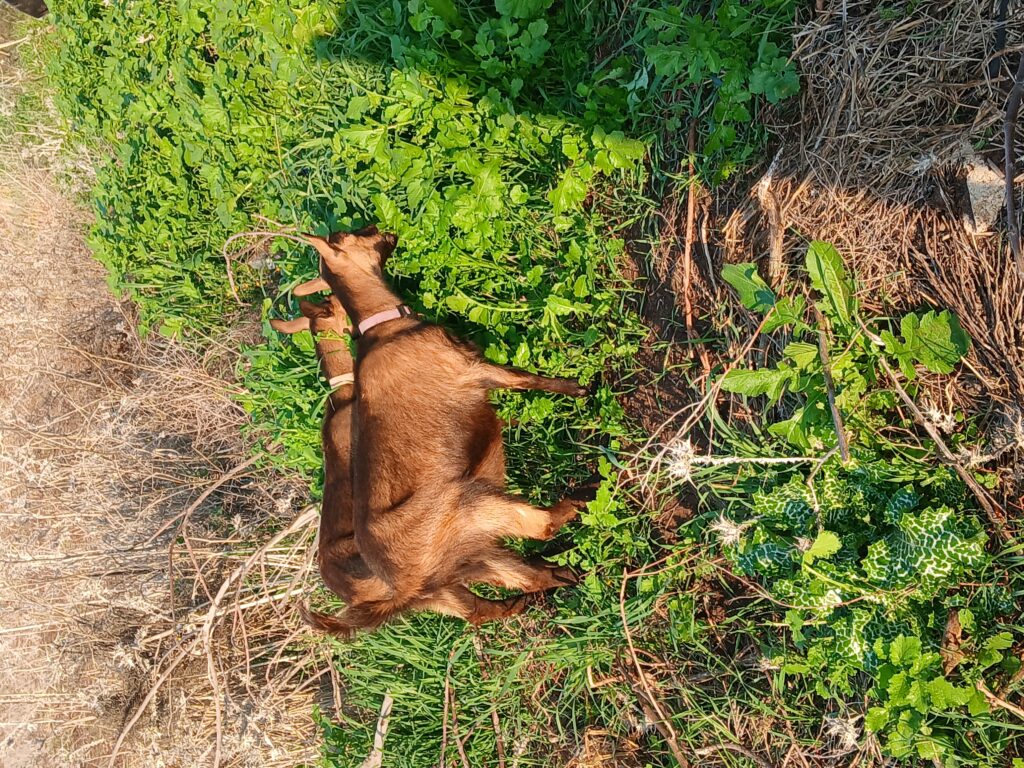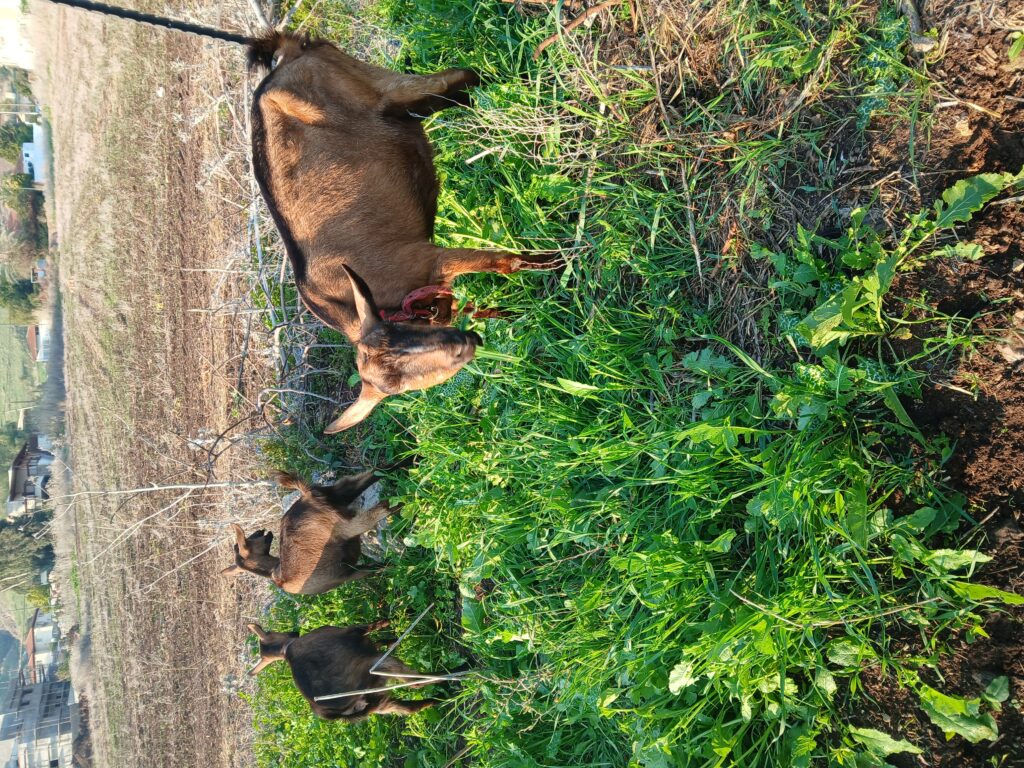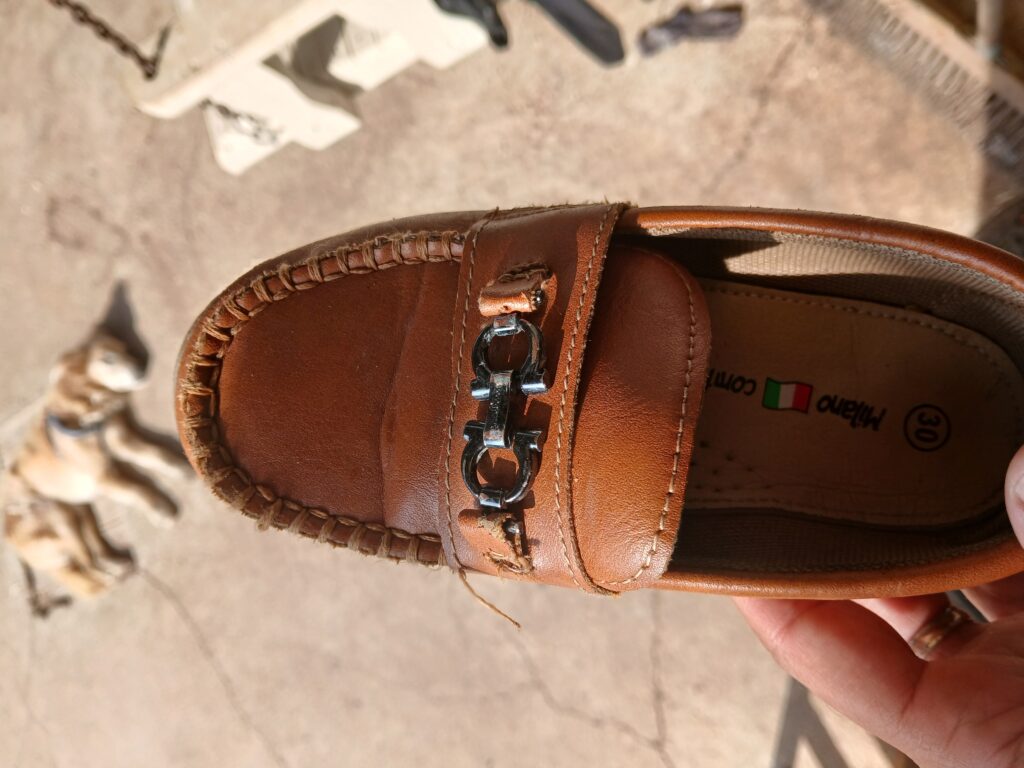>>After your last post I have so many questions.
1. How do you feed your little ones? Are they also on a zero carb diet? I have little ones who won’t touch eggs, so I’m trying to figure out if I can easily make a zero carb diet work for our whole family, particularly breakfast meals.2. Isn’t it more expensive to eat a zero carb diet, particularly with eating kosher meats?3. What would I give the kids for snacks while traveling? <<
My family is meat heavy, but some have no carbs, some minimal carbs and some moderate carbs.
I’ll preface with my perspective on eating. I don’t try to make carnivore foods that imitate high carb treat foods; I don’t experience any benefit in that for me. I’m changing my thinking about eating just as much as I’m changing the food I eat, and part of that shift is to see food as tasty fuel rather than entertainment or something to fill a space inside.
I eat like a queen but it’s simple and filling. Likely it will seem boring to read about; can it really be that simple? Yes, it really can. I’ve gotten clear on what I like and what feels good, and I stick with that.
I eat mostly ground meat, usually as hamburgers or meatballs, and hot out of the pan I top them with ground raw beef tallow. The heat of the meat partially melts it and it’s so delicious and incredibly filling. I usually eat a half kilo for a meal and eat twice a day. To keep costs down, I fill in with chicken wings and eggs but if cost were no issue I’d only have meat. My dairy intake is low. Occasionally I’ll have some cheese but I get a twinge in my hip a day or two later when I do. I sometimes have sour cream with sunnyside up eggs cooked in butter. That’s about it.
My husband started eating like this a couple of months after me, so it’s been 9.5 months. (He ate strictly zero carb for two and a half years several years ago.) He eats almost the same as me, except he prefers roast beef to ground meat and has more eggs than I do. Twice a week we prepare two or three roasts, slice it all up once it’s cooked and he heats up the amount he wants to eat at a meal. He used to have butter but after going zero carb realized it was the cause of breathing difficulties at night (who would have thought?!?). He made ghee (clarified butter) but that still wasn’t ideal for him so now he doesn’t have any dairy at all and he no longer uses an inhaler.
My fifteen year old son asked if he could join us in eating this way; I don’t remember exactly when he began but I think it’s been about three months. My only hesitation was cost – I’d love to have everyone in the family eat this way but I can’t yet stretch my budget that far. His daily breakfast is eight eggs in butter, an individual container of sour cream and now that they’re in season, an avocado. He prefers sour cream with 27% fat content, but since the 15% sour cream is much less expensive, he eats that as well. He usually has chicken wings, ground meat or roast later in the day. His comprehension of gemara and thinking skills have become notably sharper and his 30 year old chavrusa has commented on the change.
My twelve year old has been eating like this for 4.5 months. Earlier on I made more involved foods to pack for his lunch box like cold cut wraps and chicken bread, and every day tried to make different dishes. Like me, he’s settled into what he likes and it’s pretty similar from day to day: chicken wings, meatballs and hardboiled eggs. Very occasionally I send tuna or egg salad, cottage cheese and sour cream. We’ve seen some significant health improvements for him, he’s calmer and it’s easier for him to transition from one activity to another, and his teachers have commented about how fast he learns things now. His adherence has been good though he does sometimes eat higher carb foods out of the house, and sometimes has fruit at home.
He and my husband prepare a carnivore platter to take to shul on Shabbos mornings so he has something to eat instead of everything else served, which is almost exclusively white flour and sugar. This is some combination of hot dogs, cold cuts, meatballs, steak bites and devilled eggs (people around them have wanted to eat from their platter because it’s so appealing!). It’s very impressive how he sticks with this when surrounded by everyone else eating the standard kiddush fare.
Now for the three younger kids, they love, love, love meat and chicken. I send them standard lunch box fare – a sandwich or two, a fruit, a vegetable, sometimes a hardboiled egg or cheese. Before they leave in the morning all four of them have either chicken wings or hardboiled eggs, sometimes meatballs. For months I’ve started the day by cooking a pot of hardboiled eggs while cooking the meat or chicken main for ds12’s lunch box. When they saw there chicken wings that didn’t go into his lunch, they would ask to have them and it’s turned into a regular preferred breakfast for them.
On Shabbos mornings they have cottage cheese and sour cream with chopped fruit mixed in.
The three boys get school lunches that include a protein, starch, cooked vegetable – ds12 and ds8 bring them home and eat when they arrive. Ds12 just eats the protein. Ds7 gets lunch at school but dd7 doesn’t and as soon as she walks in the door, informs me she’s hungry and asks to make herself meatballs. Today I said I’d make her eggs instead, and she specified she wants meat eggs, not cooked in butter, so I cooked two eggs in tallow and crumbled in a meatball and she was happy.
The younger three have fruit as a snack, and dinner is usually low carb. It’s an ongoing challenge for me to make a meal that adapts well for ds12, and lately I’ve been making low carb meals that all of the kids eat.
Here’s our dinners from the last week- I make large quantities and the children eat as much as they want.
- Sunday – tuna toasties (tuna, homemade mayo, diced pickles, mixed and then grilled on bread – no bread for ds12, just the tuna salad)
- Monday – ground beef with sauteed cabbage
- Tuesday – chicken giblets, sprouted lentil stir fry (carrots, onion, fennel, zucchini) – ds12 didn’t have the stir fry
- Wednesday – thick chicken egg drop soup
- Thursday – egg pizzas (large omelets with tomato sauce and olives on top)
- Sunday – ground beef moussaka
For those who include dairy and/or don’t eat kosher, there are many more combinations possible.
As far as cost, some people would eat less expensive or more expensive hechsherim than we do and that would affect the price. Many people have said they don’t spend more eating carnivore than they did previously, since they no longer have to buy all the other items. I’m a very frugal shopper and I’m spending more on groceries than I did in the past.
When eating meat, there’s a satiety factor that can is significant and surprising. There’s much less need or desire for other foods, and as a result, the kids stay full longer and request fewer snacks after a zero carb meal. Interestingly, I’ve noticed that if I add a vegetable to my meals, then I feel more hungry and eat more meat with my vegetables than I would have if I only had the meat alone. It’s counterintuitive but that’s my experience, and it seems similar to what I see with the kids.
It’s been interesting for me to see their taste buds shift, particularly since when the twins came to us a year and a half ago, they were used to cookies for breakfast and jello snacks after school. I think part of their eating preferences is due to seeing two parents and two older brothers eating like this, so they have a very positive association with it and want to eat what we eat.
If you don’t serve eggs, you have dairy, fish, meat and chicken left. I’ve let go of serving stereotypical ‘breakfast’ food – what makes hamburger okay for dinner but unappetizing for breakfast?
Sometimes I want to make more variety for them and look up all kinds of ideas, but our children so strongly prefer plain meat and chicken that the response to my efforts hasn’t been very gratifying. They’re happier with a chicken wing than with all the different muffins and quiches and pancakes, so I stay with what they like.
When we travel, we make the same kind of things we have at home – meatballs and hardboiled eggs are easy. We took a bunch of these when we travelled for my son’s wedding in Jerusalem. There are foods you can easily purchase like cheese sticks, meat sticks, hot dogs and cold cuts (they have some sweetener added so not ideal but still a better option than other things). I’ve also made muffins that are a combination of eggs and ground beef and other ideas, but keeping it simple really is working best for us.
Avivah









